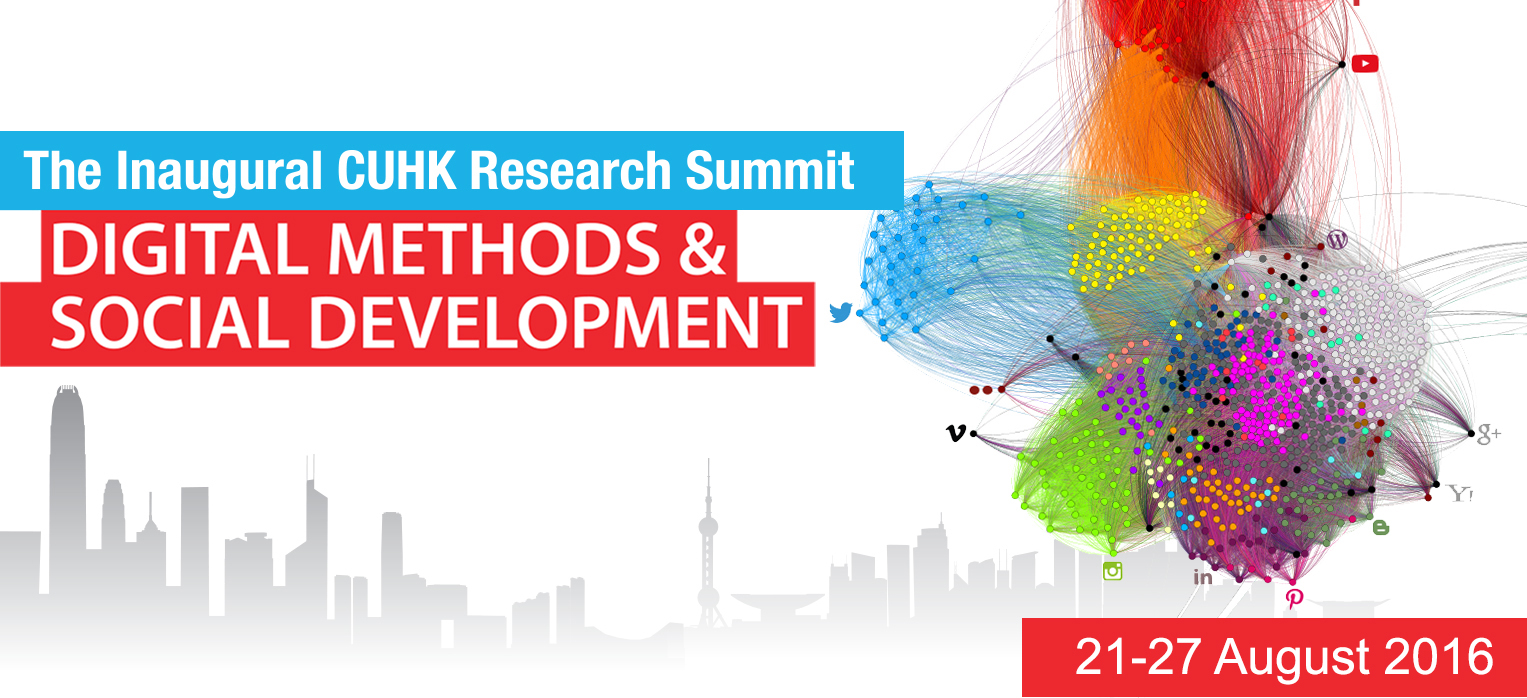You are here: Foswiki>Dmi Web>HongKong2016 (29 Sep 2016, YulistinaRiyadi)Edit Attach

Digital Methods Research Summit
Chinese University of Hong Kong
August 2016
Democratizing music, demarginalizing small artists
Can an algorithm democratize online music? Can small musicians receive more airplay? Spotify and iTunes recommend music to its listeners based on different data practices, but both result in more and more mainstream music streamed from its systems. Aivvy, the Hong Kong-based start-up, has devised a system that recommends music based on ‘hidden’ musical features behind sounds. The research project has compared the recommendations made by Spotify, iTunes and Aivvy so as to determine whether Aivvy’s algorithm democratizes music. The project also shows which songs an ideal ‘equalized’ music recommendation system would play, together with which hidden features, or filters, would favour mainstream or smaller artists. The project also has created a playlist for the newly demarginalized musicians.
Making Labour Advocacy Urgent. Tactics and Issue Rhetorics in the Workers’ Rights Issue Space
Workers in the electronics, garments and toys industries face labor conditions often described as harrowing. Non-governmental organizations such as SACOM campaign for improving factory conditions but also the quality of life of the workers more broadly. They do so by choosing particular issues to work on as well as strategies for their campaigns, such as making use of an issue celebrity, all ready for launching and circulating in social media. The questions posed by the project concern how to make labour advocacy into an issue of urgent public concern with ‘reach’ in social media. Which kinds of formulas and formats grant poignancy to an issue, and sustain both professional as well as public attention? The project also is particularly interested in SACOM’s strategies, as they have evolved from report writing to serious games and graphic animation. How do SACOM and other organizations’ position themselves, substantively and tactically, in the agenda and action repertoires of the field? Whilst living wages may be the leading issue, and launching a call on a global petition community the top strategy, how might a labour advocacy NGO deploy social media tactically to fit its issue work?
Hong Kong Legislative Council Elections: What can social media add to the story of the campaign so far?
The Hong Kong Legislative Council Elections pits pro-establishment, pan-democratic, localist and other candidates against one another in a hard-fought campaign played out in television and radio debates, on soapboxes in the streets as well as newspaper advertisements. It also takes place in social media, primarily Facebook, where some 80 candidates have pages that are liked, commented upon, and posted to. How are the candidates faring online? Who’s winning, so to speak? Does it tend to favour younger, more mediagenic candidates? More technically, does social media activity line up with the polling numbers? There are also larger questions about the significance of the new media for elections. Is social media a kind of anticipatory space showing trending topics as well as candidates? Is it a serious medium, and if so which social issues are most significant? In other words we are ultimately interested in what social media adds to the campaign story so far, inquiring into its value as a campaign monitoring space. The project concludes with a discussion of the emerging (or trending) candidates on Facebook, and the possible futures their candidacies and their issues would imply for the future of the Hong Kong Legislative Council.
Reimagining Des Voeux Road Central: Expanding the stakeholders, their issues and its users
There is currently a campaign underway to pedestrianise Des Voeux Road Central, a busy arterial road that passes through the heart of Hong Kong Island, from Western Market to Pedder Street. The campaign, initiated by the Des Voeux Road Central Initiative, envisages engaging stakeholders as community, government, professionals, academics, business operators, property owners and others to imagine its future. In the project, a social media data analysis of Facebook groups and pages, we aid in the imagineering (so to speak), and ask what local city users care about, with the aim of ultimately reimagining (and re-issue-fying) the Road. Could their issues be embedded into Des Voeux Road Central in future? And if so, can city users become not only new stakeholders but newly recognised road users as well? The project reimagines Des Voeux Road Central through the eyes of wedding goers, runners, pregnant women (who wish to breast feed), children looking for playgrounds, foodies, domestic workers, cyclists, freelancers, creatives, gym users, but also others active on Facebook discussing and liking Hong Kong city culture. Ultimately the project seeks to expand the stakeholder list, and rethink Des Voeux Road Central as not only an issue road but as its renewed heart for city users. | I | Attachment | Action |
Size | Date | Who | Comment |
|---|---|---|---|---|---|---|
| |
summit_banner.png | manage | 898 K | 27 Aug 2016 - 01:50 | RichardRogers | Digital Methods Research Summit |
Edit | Attach | Print version | History: r4 < r3 < r2 < r1 | Backlinks | View wiki text | Edit wiki text | More topic actions
Topic revision: r3 - 29 Sep 2016, YulistinaRiyadi
 Copyright © by the contributing authors. All material on this collaboration platform is the property of the contributing authors.
Copyright © by the contributing authors. All material on this collaboration platform is the property of the contributing authors. Ideas, requests, problems regarding Foswiki? Send feedback


